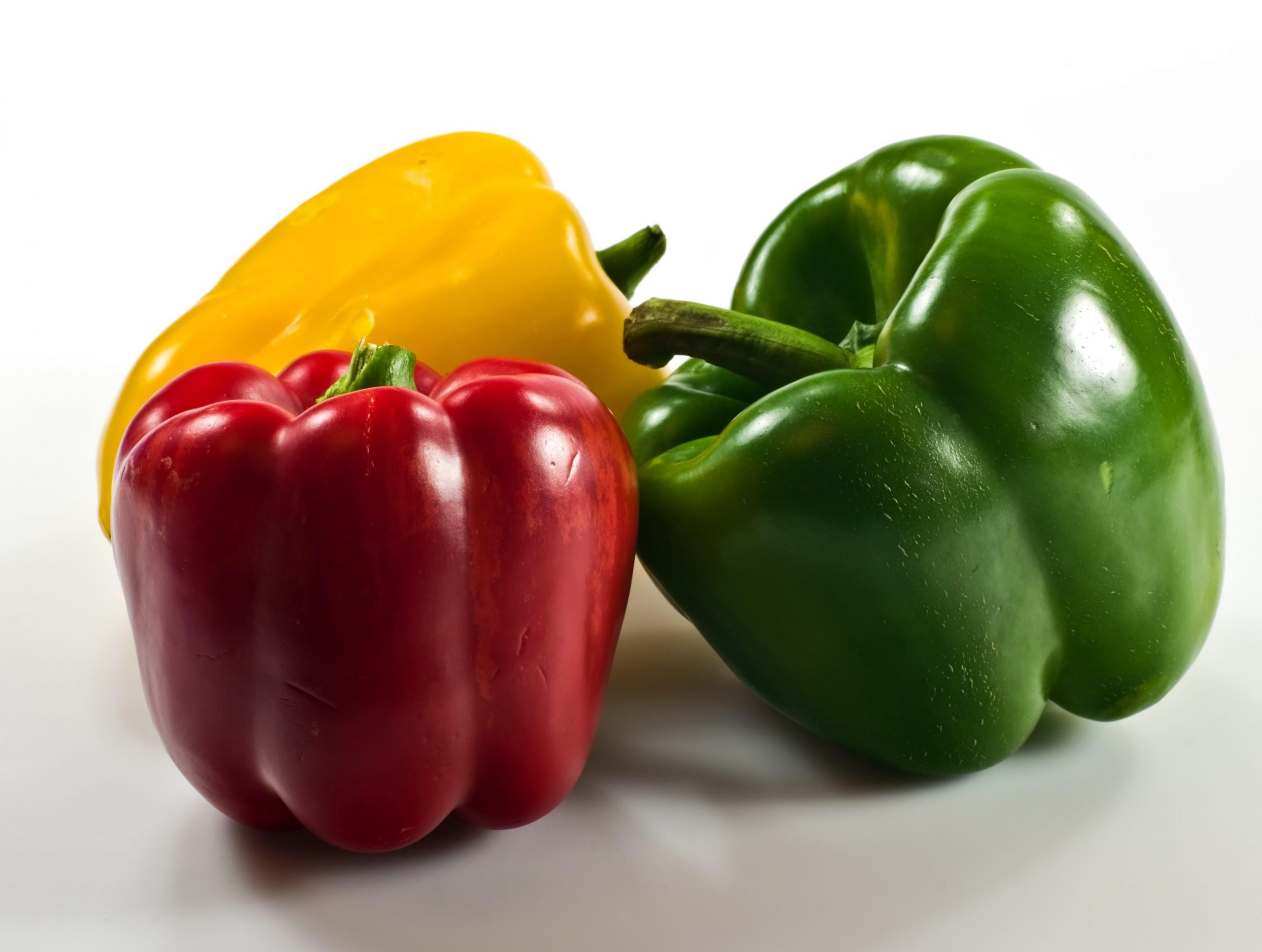Best Fertilizers for Peppers: Attain Superior Results in Your Yard
Best Fertilizers for Peppers: Attain Superior Results in Your Yard
Blog Article
Just How Plant Foods Play an Important Function in Cultivating Healthy And Balanced and Abundant Pepper Crops
Fertilizers offer as the backbone of effective pepper growing, supplying a strategic strategy to nourishing the dirt and cultivating optimal plant growth. The detailed dance in between necessary nutrients and the pepper plants' physical procedures highlights the essential role that plant foods play in making certain a plentiful harvest.
Significance of Nutrient-Rich Plant Foods
The use of nutrient-rich fertilizers plays a crucial role in enhancing the efficiency and high quality of pepper crops in modern-day agricultural methods. Pepper plants need a balanced mix of vital nutrients to prosper and produce high yields of top quality fruits. Nitrogen, potassium, and phosphorus are primary nutrients that are essential for the development and growth of pepper plants. Nitrogen aids in leafy green growth and general plant vitality, phosphorus supports root development and blossom manufacturing, while potassium adds to disease resistance and fruit top quality.
Insufficient levels of these nutrients can cause stunted development, decreased yields, and susceptibility to illness (best fertilizers for peppers). Nutrient-rich fertilizers give a targeted solution to ensure that pepper plants obtain the necessary aspects for ideal growth and productivity. Furthermore, these fertilizers aid enhance soil fertility gradually, creating a sustainable atmosphere for lasting pepper farming
Enhancing Plant Development and Advancement
To optimize plant development and growth in pepper plants, critical application of nutrient-rich plant foods is necessary. Fertilizers play a vital role in enhancing the overall wellness and efficiency of pepper plants by offering them with necessary nutrients that may be lacking in the soil. Potassium, nitrogen, and phosphorus are primary macronutrients required in big quantities by peppers for durable development. Nitrogen help in leafed eco-friendly development and general plant vigor, phosphorus supports origin advancement and flower development, while potassium contributes to condition resistance and fruit high quality.
Iron, for circumstances, is necessary for chlorophyll manufacturing, which is crucial for photosynthesis and general plant development. Zinc plays an important duty in enzyme activity and hormonal agent synthesis, influencing plant growth and development at a mobile degree.

Boosting Illness Resistance With Plant Foods
By tactically incorporating targeted plant foods, farmers can strengthen the disease resistance of pepper plants, ensuring optimum plant health and performance. Plant foods including important nutrients like phosphorus, potassium, and nitrogen play a crucial function in reinforcing pepper plants' body immune systems, making them much more resilient to different illness. Nitrogen, for circumstances, help in the manufacturing of proteins that are essential for plant defense reaction. Phosphorus adds to root growth, allowing plants to much better take in nutrients and water, therefore improving their capability to fend off diseases. Potassium regulates processes that improve overall plant health, making peppers extra robust against microorganisms.

Making Best Use Of Pepper Return With Fertilization
Making use of a well balanced fertilizing technique is essential to accomplishing optimum pepper yield and ensuring optimum crop productivity. By providing peppers with the appropriate nutrients at the appropriate time, farmers can dramatically improve their yield possibility. Nitrogen, potassium, and phosphorus are essential aspects for pepper growth, with nitrogen assisting in fallen leave and stem development, phosphorus sustaining root growth and blossom formation, and potassium advertising overall plant health and wellness.
To maximize pepper yield, it is crucial to carry out dirt tests to identify existing nutrient levels and recognize any type of shortages that need to be attended to. Based on these outcomes, farmers can develop a customized fertilization strategy that fulfills the particular demands of their pepper crops. Additionally, appropriate fertilizing techniques such as split applications throughout the expanding season can make certain continuous nutrient schedule for the plants.

Sustainable Fertilizer Practices for Peppers
In thinking about lasting fertilizer practices for peppers, it is important to focus on long-term soil he said health and ecological stewardship in combination with optimizing plant productivity. One essential method is the use of natural fertilizers such as compost, manure, or cover crops, which not only give crucial nutrients to the peppers however likewise contribute to dirt structure and microbial activity. best fertilizers for peppers.
In addition, precision agriculture strategies, such as dirt testing and targeted nutrient applications, can help maximize fertilizer usage, ensuring that peppers obtain the nutrients they require without excess overflow into waterways. This not just benefits the atmosphere by reducing More Info air pollution but additionally conserves expenses for farmers by reducing waste. By adopting lasting fertilizer techniques, pepper cultivators can protect the health of their plants, soil, and bordering environments for future generations.
Final Thought
In conclusion, plant foods are crucial for growing abundant and healthy and balanced pepper crops. best fertilizers for peppers. They give needed nutrients for plant growth and growth, increase disease resistance, and take full advantage of yield. By carrying out sustainable plant food techniques, farmers can make sure the long-lasting wellness of their pepper crops and add to a more environmentally-friendly and reliable agricultural system
The intricate dance in between vital nutrients and the pepper plants' physical processes highlights the essential duty that fertilizers play in ensuring a bountiful harvest.To enhance plant growth and advancement in pepper plants, tactical application of nutrient-rich fertilizers is crucial. Fertilizers play a critical function in boosting the total wellness and performance of pepper plants by giving them with essential nutrients that may be lacking in the dirt.By purposefully including targeted plant foods, farmers can strengthen the condition resistance of pepper plants, making certain optimum plant wellness and performance. Plant foods useful content consisting of vital nutrients like phosphorus, nitrogen, and potassium play an important function in strengthening pepper plants' immune systems, making them more resilient to numerous conditions.
Report this page